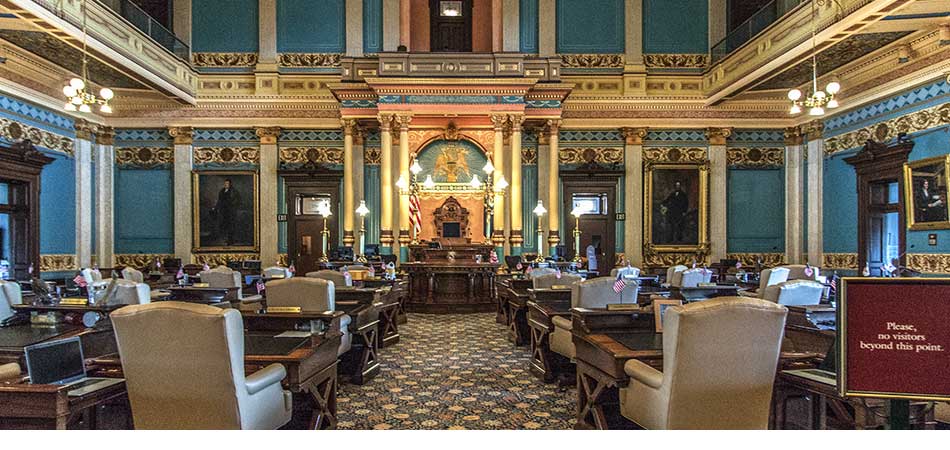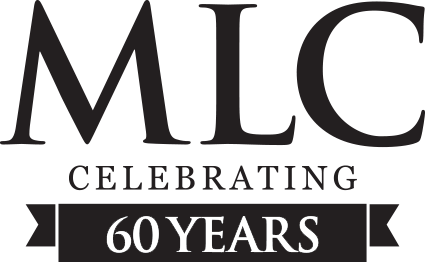After making changes, the Senate voted 31-5 to pass legislation changing the process of including earmarks in the state budget. Following discussions this budget cycle, both chambers have moved legislation setting up a structure on how these items will be handled moving forward. An agreement to pass reforms was part of the overall budget negotiations.
Key Points:
-
- Senate Bill 596 was introduced by Senator Sarah Anthony (D-Lansing), chair of the Senate Appropriations Committee.
- The legislation defines Legislatively Directed Spending Items (LDSIs), commonly known as earmarks.
- A request for an LSDI would have to be submitted ten days in advance, the sponsor would have to present the request to either the Appropriations Committee or a subcommittee, and it would be posted online.
- Under the bill, the chambers could make a rule that requests must be made earlier.
- Unless they are in leadership, a legislator can only make a request for recipients in their district.
- To be eligible, a non-profit would need to be in Michigan for three years, have a physical office in the state for one year, and have a board of directors.
- The House and Senate would have webpages on their official websites, housing the requests for the public to view.
Next Steps:
-
- The bill was referred to the House Appropriations Committee for consideration.
Representative Tom Kunse (R-Clare) sponsored similar legislation in the House. Speaking on the Senate’s version, he stated, “It’s good to see both chambers working toward a solution. That said, I believe there’s still room for improvement to make the process truly accountable and clear for Michigan residents.” Speaker Matt Hall (R-Richland Twp.) made similar comments, indicating negotiations will be ongoing before a final version of this type of reform is sent to Governor Whitmer. Representative Kunse’s legislation remains before the full Senate for consideration on third reading.








